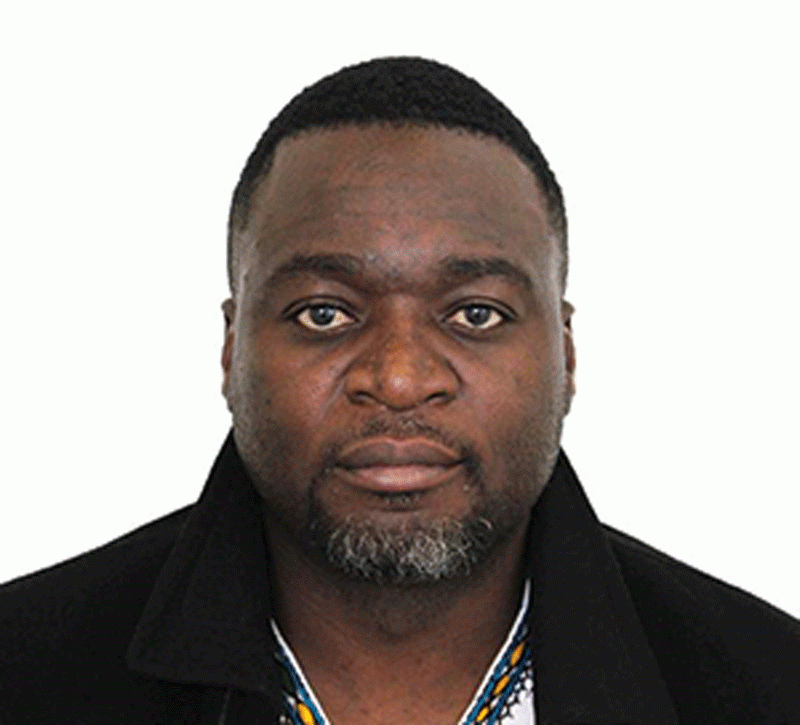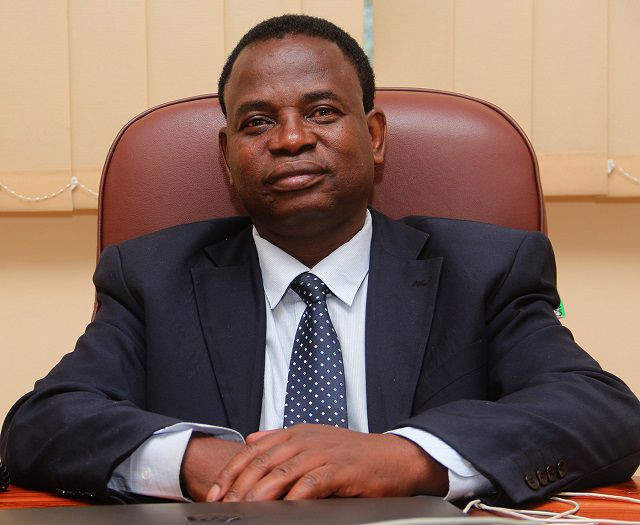
March 31, an uprising that never was: Once beaten, twice shy?
The events of March 31 can have different interpretations and meanings.
By staying away, Zimbabweans sent a strong message against the regime and that they are fed up with corruption, the economic decay and the misrule.
It also highlighted a lack of trust between the citizens and the government, in that despite the assurances of safety by the government and the security apparatus, Zimbabweans still opted to stay at home, presumably due to fear.
Furthermore, one might also be tempted to say it was a form of expression that they are not interested in the Zanu PF succession politics.
Presumably, learning hard lessons from November 2017, they do not want to be used again.
In a surprise turn of events, Geza hailed the stayaway as a success, despite the fact that he had called for the people to flood the streets and remove Mnangagwa.
Inasmuch as Geza’s call for protests are being measured by the removal of Mnangagwa, one may not want to miss that what happened on March 31 marks the beginning of an open and long-drawn succession battle in Zanu PF and Zimbabwe.
- Corruption Watch: Get scared, 2023 is coming
- Corruption Watch: Get scared, 2023 is coming
- Letters: Ensuring Africa’s food security through availability of quality seeds
- Is military's involvement in politics compatible with democracy?
Keep Reading
Two possible scenarios exist in the current succession politics matrix in Zanu PF.
Firstly, one would presume that there is a lot of underground work being done by the Chiwenga camp.
Important to note is the conduct of Geza, as it shows that he is not alone, but there is some power backing him.
Recently, Chiwenga has been widely quoted in the media stating that “. . . in life, if you want to succeed be a risk taker, but a calculated risk taker”, probably signalling his strategic intentions.
However, I argue that Mnangagwa will remain in office for a while.
With rising tension in Zanu PF, we are likely going to see more purges from government of officials aligned to Chiwenga, while Mnangagwa’s allies will be mobilising to consolidate their power and influence in the party and the State.
A worst case scenario can be: Mnangagwa goes for broke, and fires Chiwenga.
Such a move could potentially trigger a tipping point, like the events leading to the assassination of Archduke Franz Ferdinand in Sarajevo, in what became to be known as the Sarajevo moment, plunging the country into a period of further instability and conflict.
If such a scenario happens, it will certainly beyond doubt speed up Mnangagwa’s exit as the Chiwenga faction within the party and the military will fight back.
It would be interesting to see where and how the military locates itself as the succession battle rages on.
The military has always been the power broker as far as party and State succession is concerned.
In Zimbabwe’s contemporary history, the party is the State.
Zanu PF succession politics can be traced back to the Mgagao declaration of 1977, where the military command installed the Mugabe political leadership after a coup on Ndabaningi Sithole, then leader.
Post-1980, the internal contradictions between the liberation movements Zanu and Zapu also displayed significant friction within the military.
Furthermore, the 2008 elections and subsequently the 2017 military coup reinforce the thesis of the significance of the army in solving the power dynamics in Zimbabwe.
Notwithstanding the coup-proofing strategies by Mnangagwa, the prevailing political and socio-economic conditions are ripe ingredients for another putsch.
The same “thieves surrounding the President” narrative has been displayed through the Gold Mafia report, among other exposes.
Ironically, the judgment which sanitised the 2017 coup is turning out to be its weakest legal point.
When challenged on the legality of the November 24, 2017 power transfer, the High Court, under Justice George Chiweshe, legalised military coups in Zimbabwe.
He argued that: “The actions of the (Zimbabwe) Defence Forces in intervening to stop the take-over of first respondent’s constitutional functions by those around him are constitutionally permissible and lawful in terms of Section 212 of the Constitution.”
That set a dangerous precedence for the country and undermines the principles of democracy, and to avoid a snowball trend of coups in Zimbabwe, perhaps the law needs to be reviewed.
Therefore, while the focus on Zimbabwe’s political landscape is being pointed towards an extension of the presidential term to 2030, it is still too early to assume that Mnangagwa will maintain his power.
2028 could actually be too far to maintain his presidency.
Where is the opposition?
A key question to ask is where is the opposition in the current unfolding political developments in Zimbabwe?
The past few days have seen brickbats being thrown at Nelson Chamisa on social media for his alleged lack of action.
The state of opposition politics in Zimbabwe is at its lowest and there is lack of a credible leadership ever since the “resignation” of Chamisa from active politics in February 2024 after losing control of the party to Citizens Coalition for Change self-imposed secretary-general Sengezo Tshabangu in dubious circumstances.
The opposition over-relied on the popularity and charisma of its leader, Chamisa, and this has backfired heavily after his purported resignation from politics.
For those that remained and claim to be leading the opposition after the departure of Chamisa, they are perceived as heavily compromised.
Their continued stay in Parliament, that is now perceived to be a per diems and benefits seeking platform, has meant further loss of relevance and integrity.
There is a stronger need for the pro-democratic forces to building a formidable movement and mobilising Zimbabweans to defend constitutional rights and any threat to the democratic principles as espoused in the country’s Constitution.
A gaze into the future
A gaze into the future pontificates to the potential of the tensions spiralling out of control and plunging Zimbabwe and the southern African region into instability.
Already, the country’s economy has been on the receiving end as leaders are embroiled in succession politics at the expense of development.
The political tension in Zimbabwe is a worrying development in particular for Sadc, which is already facing instability due to the conflict in the Democratic Republic of Congo, Mozambique and a host of other challenges in members States.
The region simply cannot afford the burden of another conflict, thus it is important that the Zimbabwe situation is solved quickly before it reaches a boiling point.
While Zimbabwe is currently occupying the chairmanship for Sadc, it is still prudent, especially for the panel of elders to engage the different stakeholders, in particular, encourage Mnangagwa to stop his ambitious 2030 agenda, which is divisive.
The current events points to the failure to exorcise the political ghosts of the 2017 coup and it seems the only way to do so is for the Panel of Elders and the international community to encourage a national dialogue that seeks to demilitarise politics and public affairs.
- Dr Blessing Ivan Vava (Sibusiso Mhlanga) is a writer based in Chipinge, Zimbabwe.










